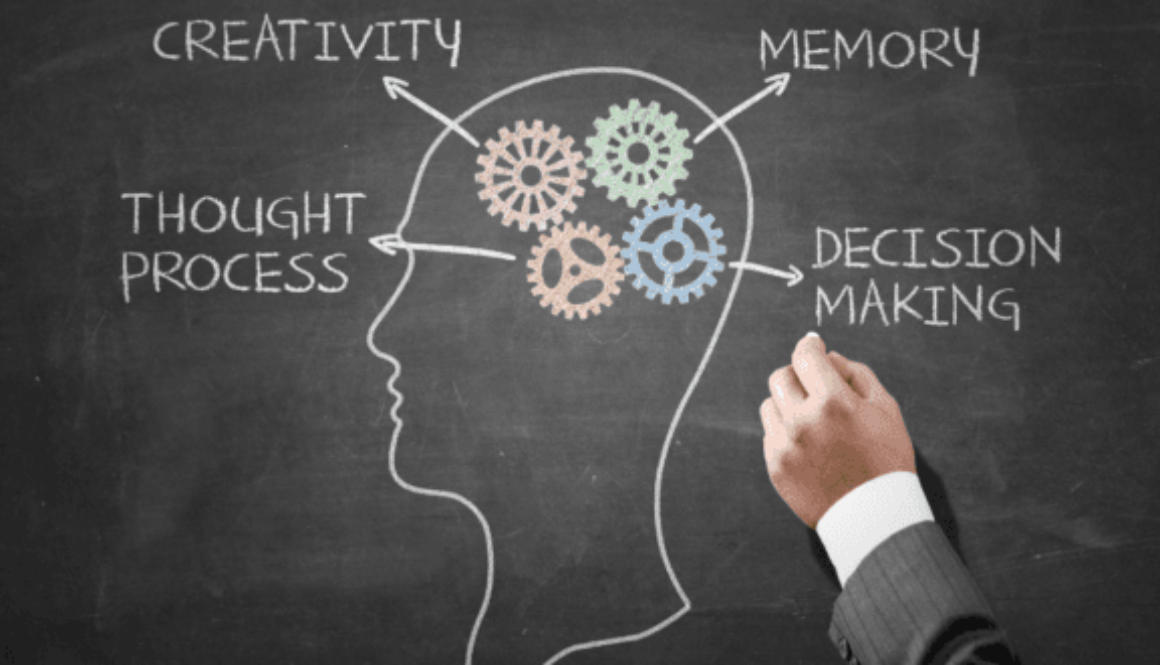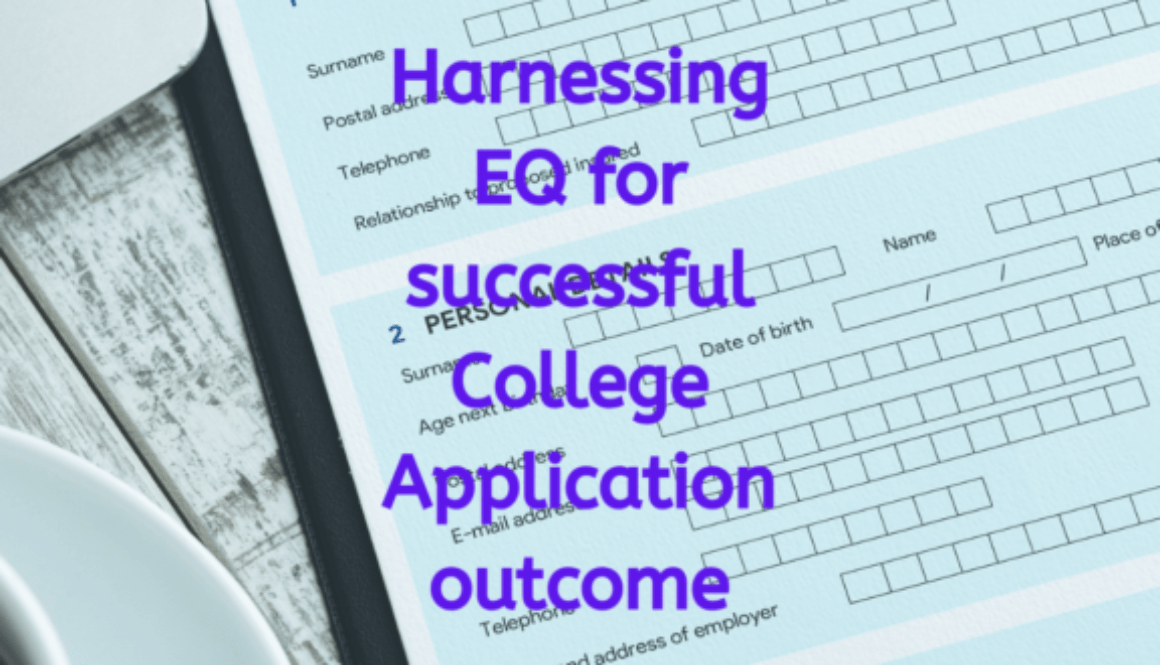Parenting’s Hidden Conflict of Interest: Are We Raising Resilient Kids or Protecting Our Own Fears?
Parenting is often a balancing act telling children what to do and letting them learn on their own. Yet sometimes a parent’s personal biases, ambitions, or fears disturb this balance. This “parental conflict of interest” arises when moms or dads, consciously or not, prioritize their own desires over what their child needs to grow, or their personal connection with their child compromises their judgement in taking sound parenting decisions.

For example, a parent’s fear of failure might lead them to shield a child from every struggle – undermining the very resilience that children need for life’s challenges. Recent insights warn that when parents hover too much – often driven by their own anxieties – they can end up with kids who are more anxious, entitled, and struggle to cope. In other words, parenting from a place of personal fear or ambition can backfire, leaving children less prepared to handle adversity.
A Global Perspective: Different Cultures, Similar Dilemmas
The tension between parental hopes and children’s needs is felt worldwide. In East Asia, for instance, ultra-competitive “tiger parenting” is being rethought. Recent studies in China signal a shift toward a “happy childhood” approach – encouraging a balance between academic success and a child’s happiness.
In contrast, some western countries have grappled with helicopter parenting. In the United States, a widely publicized incident in Georgia – where a mother was arrested for letting her 10-year-old son walk to town alone – sparked debate about parental overreach versus healthy independence.
This debate has prompted action: by the end of 2024, eight U.S. states had even updated their neglect laws to protect parents who give kids reasonable freedom. Schools are also stepping in with creative solutions. Many have started implementing programs to encourage independence early on. In one program, children get a simple homework assignment: do something on their own without adult help – and because it’s “homework,” parents actually let them try.
Undermining Resilience: When Parents’ Interests Backfire
When parents impose their own dreams or worries on children, the fallout can be serious. This is something that Kids deprived of navigating manageable problems may never learn to bounce back from setbacks. In a 2023 survey of over 130,000 youths (ages 9–18), 7 in 10 reported that when something important goes wrong, they “can’t stop worrying” about it – and most rated their ability to cope with challenges as low.
Psychology research reinforces this concern: overprotective, overly involved parenting often correlates with higher anxiety and depression in children. Essentially, if kids never get to fail or face frustration, they miss out on building coping skills. “Everyday lessons in disappointment and boredom” are necessary for emotional growth and constantly intervening means those lessons never stick. It’s no surprise that today’s youth mental health issues are on the rise. Globally, about 15% of adolescents have a diagnosable mental disorder– a statistic that highlights the importance of fostering resilience. Experts note that many overbearing parenting behaviors are rooted in parents’ own anxieties and need for control.
Ironically, in trying to protect or perfect their kids, parents may be passing their stress on to the next generation.
Overcoming Bias: A Parent’s Story of Transformation
A child watches the night sky alone – sometimes giving kids space to explore can unlock their resilience.
Consider the real-life story of Dr. Gary Simonds, a successful neurosurgeon and father. Determined to be the involved dad he never had, he filled every free minute of his three sons’ lives with coaching and drills. By his own admission, he became “a case study in parental over involvement,” turning home into a constant, coached practice session.
His intentions were loving, but his approach reflected his athletic ambitions more than his sons’ passions. The turning point came when one of his sons, an introspective boy who loved science, invited him to camp out and watch a meteor shower.
Gary was too tired and brushed him off. The child ended up experiencing the cosmic spectacle alone, wide-eyed with wonder. Hearing his son excitedly describe that night later, Gary felt a pang of deep regret. In that moment, he realized he had been “sleepwalking” through parenthood – forcing his own interests on his kids and not truly seeing what they were.
Humbled, he vowed to change. He began listening to his sons and supporting their actual hobbies (soon he was out in the yard launching model rockets with his budding scientist!). He made a conscious effort to engage with his children on their terms.
Over time, he watched his son blossom into a confident, creative young adult. By letting go of his personal agenda, this parent helped his child develop grit and self-assurance. His story shows that it’s never too late to pivot: when parents shed their conflict of interest and truly put their children’s growth first, resilience follows.
As easy as it may sound, but self realisation when you are imposing your own agenda on your kids and that it is the right way forward is extremely difficult to detect, that is why education consultants are important to consult with.
Toward Healthy Parenting and Resilient Kids
Around the world, educators and policymakers are recognizing that supporting parents is key to raising strong, adaptable kids. Some school systems offer workshops to help parents reflect on their approach, while others incorporate resilience training into the student curriculum. (One analysis of 97,000 students across various countries found that those who took part in school resilience programs were 11% more likely to graduate from college, with lower rates of mental health problems – a promising sign that teaching resilience works.) Governments, too, are starting to step up. UNICEF programs promoting positive parenting – highlight that parents need care and guidance as much as kids do.
The takeaway for parents is both reassuring and challenging: raising a resilient child means looking inward. It means asking, “Am I doing this for them or for me?” and being brave enough to allow children to face difficulties appropriate for their age. Mistakes and failures may tug at our protective instincts, but they are often the stepping stones to confidence.
By managing our own fears and giving children guided independence, we create a supportive space where they can fall, get back up, and realize their own potential. In the end, the most rewarding success for any parent is not living through their child, but watching that child grow into a resilient, thriving individual despite life’s ups and downs.
EDUCATION CONSULTING IS MORE ABOUT SKILL DEVELOPMENT IN A FAMILY THAN JUST ADMISSION FOR A CANDIDATE.
SATYAM KHANNA – Independent Education Consultant
References:


















